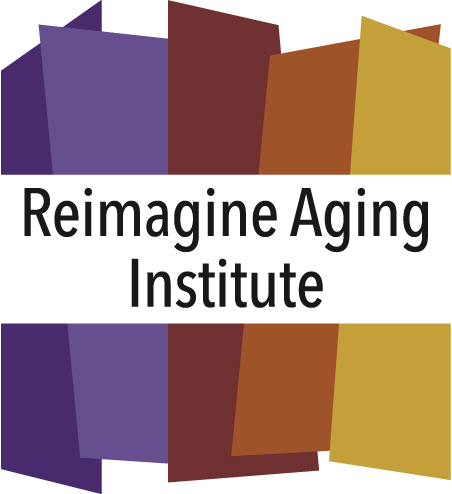Link to article in Lakeshore Weekly News
 Lynn’s mother, Edna, developed dementia in her 70s. An early clue was when Edna placed her electric rice cooker on the stovetop burner and turned the burner on high. The plastic in the rice cooker quickly melted producing strong, noxious fumes. Thankfully, Edna was able to turn the stove off at that point in her disease.
Lynn’s mother, Edna, developed dementia in her 70s. An early clue was when Edna placed her electric rice cooker on the stovetop burner and turned the burner on high. The plastic in the rice cooker quickly melted producing strong, noxious fumes. Thankfully, Edna was able to turn the stove off at that point in her disease.
Later, Lynn noticed her mother using a toothbrush to comb her hair; they had a good laugh about it and moved forward. Edna’s symptoms grew more pronounced. Unable to self-manage, she would forget to eat, wear the same clothing for a few days, and was often found sitting in her dark apartment, unable to fathom what she should do next. Lynn, a very devoted caregiver, was unable to maintain the frequency of visits her mother required. Volunteers and friends helped, but more care was needed. Edna was moved to a wonderful group home that specializes in the 24/7 care of older adults with dementia. She is happy and more content as the devoted staff keeps her engaged in interesting and fun activities.
We believe nearly 100,000 Minnesota seniors are living with Alzheimer’s disease, just one of many forms of dementia. Dementia leaves affected adults increasingly incapable of self-managing their lives. They have trouble with everyday functions like bathing and food preparation. Their speech is affected as they grow increasingly unable to find the proper words to communicate. Memories fade, and they’re easily confused and may act in unsafe ways.
On a personal level, my mom has stage six (of seven) Alzheimer’s and my dad is her primary caregiver. Married 55 years, they still enjoy living in their home. Long ago, Dad decided to face the caregiving challenges with humor, resilience and optimism. Earlier in their marriage, Dad never cooked. Now, he does all of the meal preparation. At each milestone along the way of this challenging journey, Dad has adapted and achieved. We’re so proud of him. And we do all we can, of course, to support Mom and Dad to make their heartfelt desire for independence continue to work.
Across town, Jon provides caregiving for his elderly mother at home. He finds great value in the Senior Community Services’ Caregiver Support Group that meets regularly at the local senior center.
“The group has helped reduce my anxiety and the energy drain I often feel as a constant caregiver,” Jon said. “And it helps to hear how other caregivers deal with similar challenges.”
Like my dad, Jon is able to maintain his sense of humor to help him deal with the stress and challenges of each day so he can face tomorrow.
“Things can always get worse, and with caregiving, they often do, sometimes slowly, sometimes quickly, and not always in the way you anticipated,” Jon added. “So you have to keep perspective and see the humor in those daily moments.”
Research has found that people who maintain a positive attitude and seek ways to live more vitally, are less prone to depression and other ailments. Humor brings some sunshine into those most challenging and darkest moments.
“If life isn’t going the best, break into song,” Jon advised. “Learn how to cope and get the help you need so you can face this giant in your life.”
Good prescriptions for how to reimagine aging.
Deb Taylor is CEO of Senior Community Services (www.seniorcommunity.org) and its Reimagine Aging Institute, a nonprofit that advocates for older adults and helps seniors and caregivers maintain their independence through free or low-cost services.




